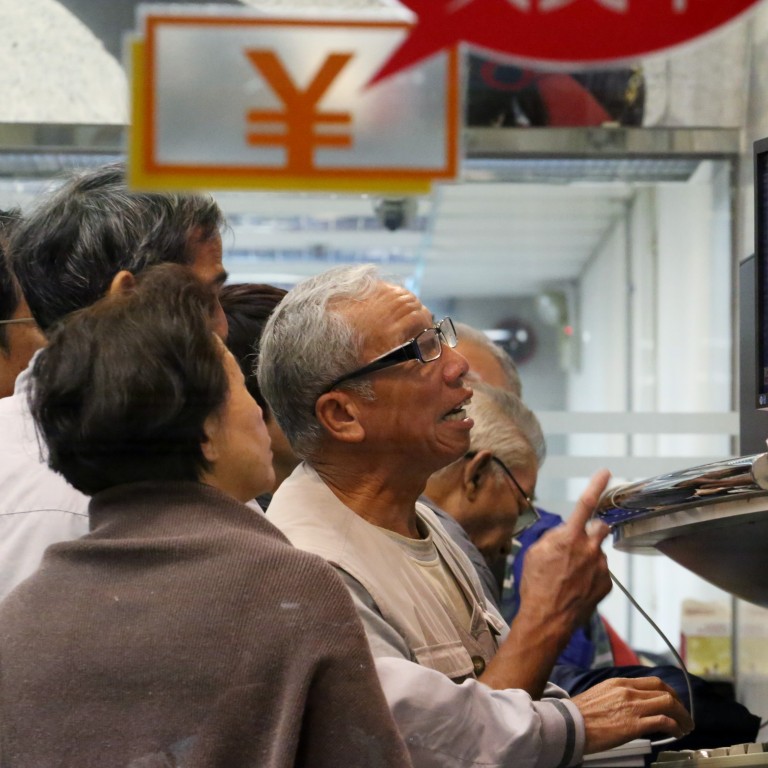
Changes in habits of richer Chinese tourists pushing aside casino, retail stocks
The changing habits of Chinese travellers have shunted aside casinos and Hong Kong retailers as top-of-the-line stock darlings for punters in the resurgent stock market.
That role has been taken over by mid-scale hotels, duty-free shops, cosmetic producers and online travel agencies who are now the stars of the show, a Credit Suisse report pointed out.
Chinese now prefer independent travel and new destinations, a product of ballooning personal wealth inspired partly by a rally in Hong Kong and Shanghai shares to the loftiest in 7 years, with more gains likely in the works. This is offering fresh opportunities for money managers.
The Swiss bank estimates that tourism spending in China has reached US$150 billion and the market will nearly double to US$280 billion by 2020.
“Some factors become less important, such as language, group travel, and political situation due to a higher education level that leads to higher language skills, higher independence, higher interests in customised products, and being more open-minded towards other countries,” noted Credit Suisse analysts led by Sophie Chiu.
With an easier visa application process and a weakening in their domestic currencies, the countries of Korea, Taiwan, Japan and Thailand are becoming the most popular destinations to Chinese travellers, and this could provide strong earnings potential for some stocks, the bank said.
For instance, the outbound fervour for Japan may benefit shares of Kao, a household maker of items such as disposable diapers. Kose, a mid-sized cosmetics manufacturer whose brands are popular among Chinese girls, is also a potential buy for investors.
Hotel Shilla, the No. 2 duty free retailer in Korea with 60 per cent of its sales coming from Chinese tourists, and LG H&H, which earned one fourth of its profit from Chinese customers, are seen as the biggest beneficiaries of the flood of arrivals from the mainland, Credit Suisse said.
For Hong Kong-listed script, Jin Jiang Hotel is the best proxy for Shanghai Disney and the strong outbound demand, reflecting the Chinese tradition to consolidate a child’s position in a family thanks to the one-child policy, it said. KuangChi Science, which is engaged in novel space services, is worth watching as near-space flight is likely to be possible in the next five years, it said.
CAR Inc. in Hong Kong, one of China’s largest car rental company, may also benefit as more Chinese are changing the way they arrange trips by traveling on their own.
Chinese tourists are also changing the way they arrange their trips by relying more on online services, and foregoing the habit of staying at economy hotels and booking branded boutique hotels instead, the bank said.
“The supply chain is reshaped by online players. Traditional travel agencies are facing fierce competition just like the retail sector. Hotel, natural/cultural spots, entertainment or duty free shops, still retain certain bargaining power and the capability of direct sales,” Credit Suisse noted.
Ctrip, one of China’s biggest websites for hotel and ticket booking which is listed in the US, appears as an attractive buy, while Tencent can also benefit from the trend as more people would share their travel experiences through its wechat services, the bank said.

